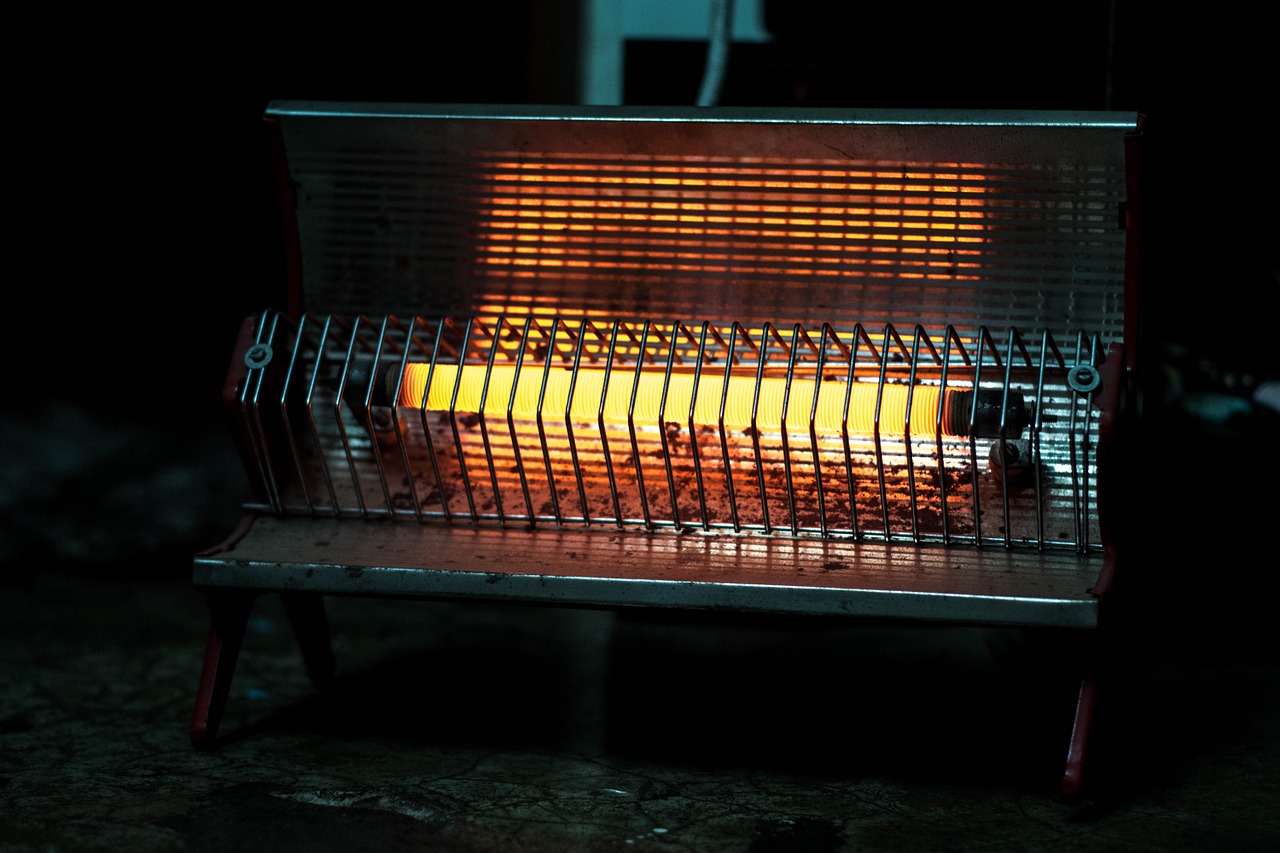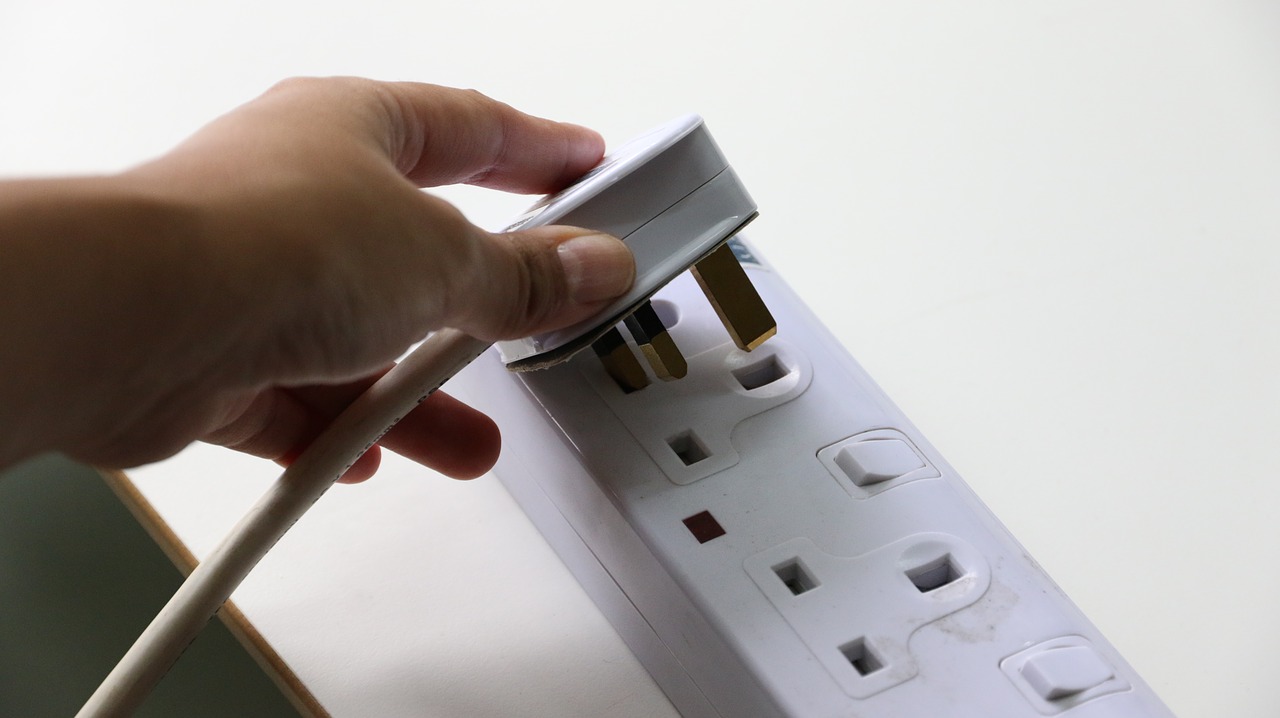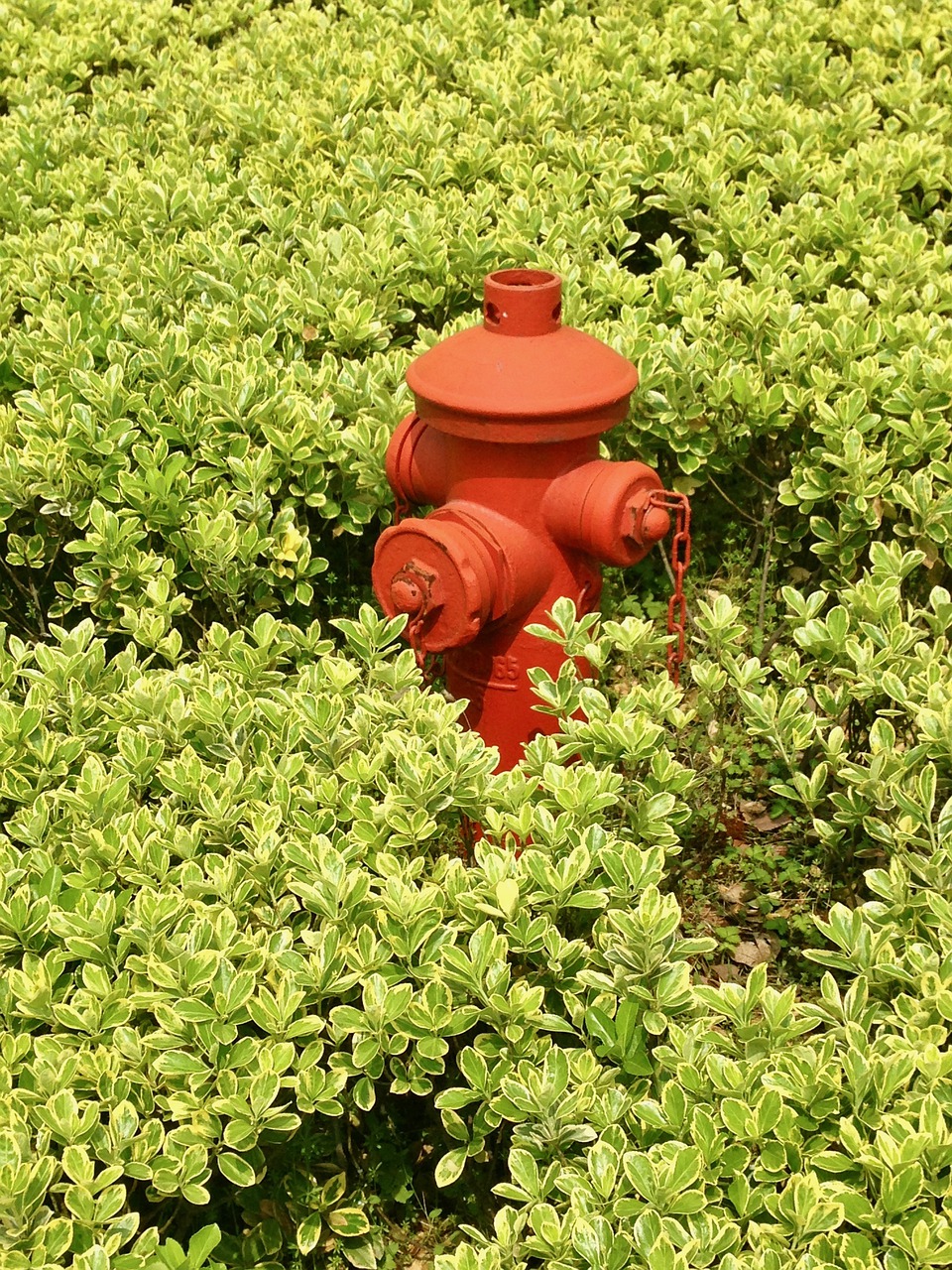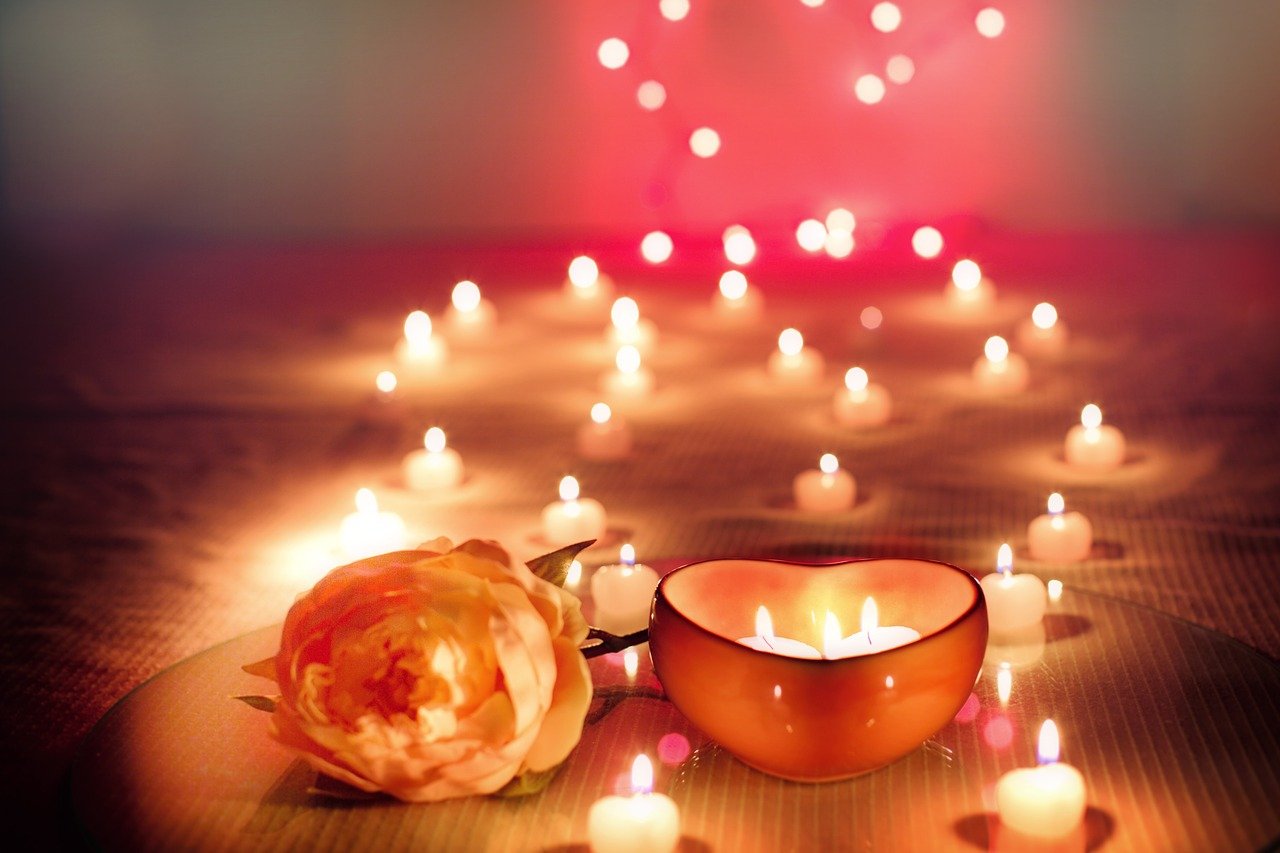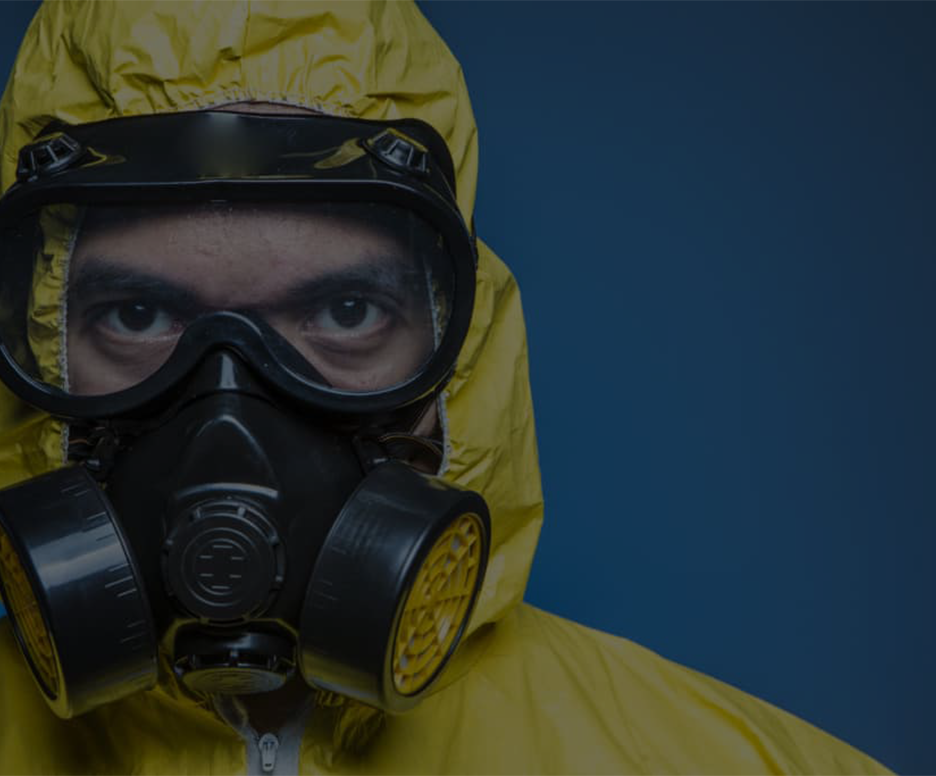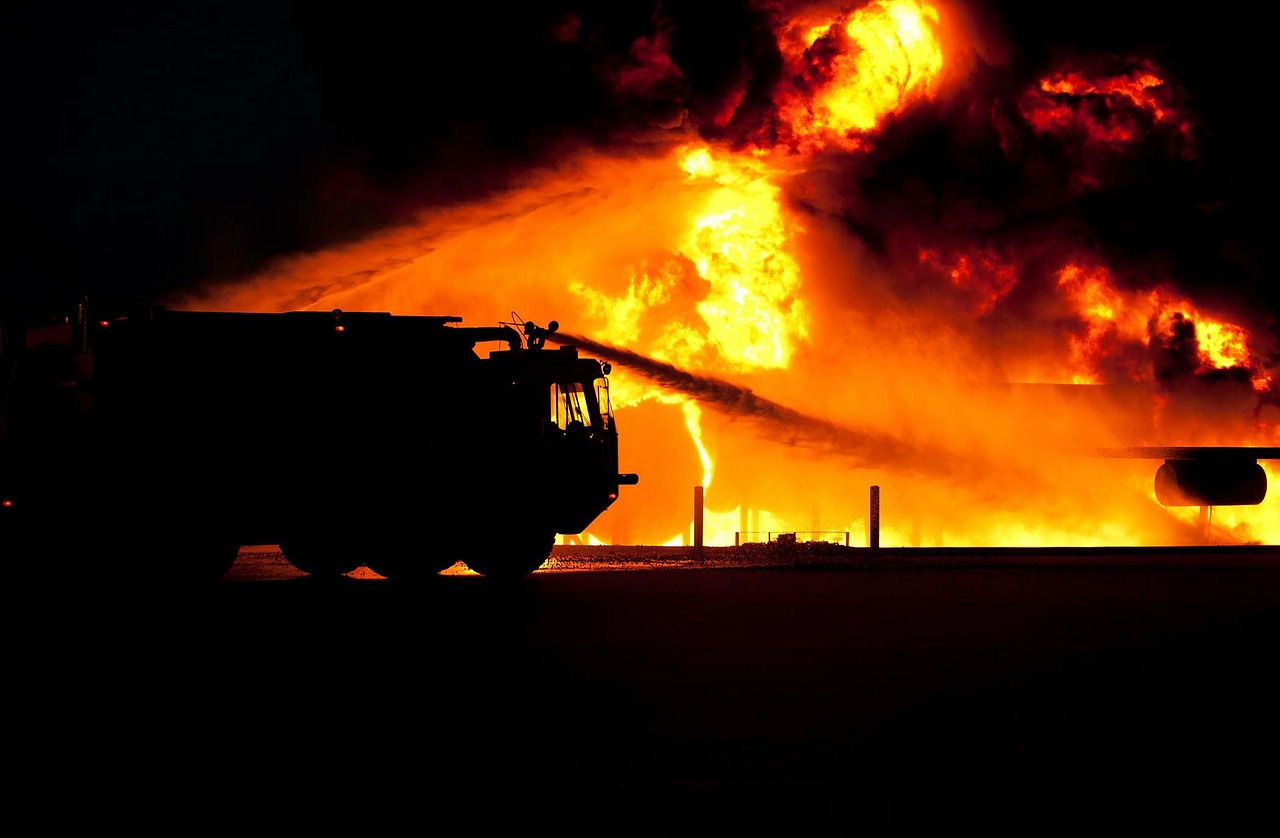
13 Must-Know Winter Fire Safety Tips
By: 911 Water Damage Experts
Each year, emergency services respond to over 350,000 structural fires in the United States and over 19, 000 in Canada. Thousands of people are injured and lose their lives, and there are billions of dollars in damages. An alarming number of these fires are preventable, which begs the question: how can you stop a fire from happening in your own property? These winter fire safety tips may be helpful to know.
Winter Fire Safety Tip 1. Inspect Heating Appliances Before Use
When you haul a heater out of storage after a long, warm summer, you may not spare much thought for its condition. You want instant heat, and a heater offers it.
However, inspecting any electric heaters that you will be using on your property is crucial. You want them to be safe and damage-free.
When you buy one new, make sure it has UL certification or approval. This means it has been certified as safe for use.
If you are using one you already own, make sure the cord is free of fraying, cuts, or imperfections. If you’re unsure, have it checked over and approved by an electrician.
Winter Fire Safety Tip 2. Look for Safety Features
Source: Pixabay
It can be tempting to purchase a heating appliance for a bargain price, but is it safe? Safety features are integral for peace of mind and your home’s safety.
One of the many must-have safety features is automatic shut-off. If it tips over, this feature will kick in and make sure your heater doesn’t continue providing heat when it’s not safe to do so.
Winter Fire Safety Tip 3. Never Leave Heating Appliances Unattended
Whether you have an open fire or a plug-in heater, never leave them unattended.
This means that even if you only have to pop to the store for a few items, get into the habit of switching the heater off at the wall.
Put safety guards around fires to prevent logs from rolling onto flooring.
Winter Fire Safety Tip 4. Don’t Overload Your Power Supply
Source: Pixabay
Whether you’re using heaters, electronics, or appliances, pay attention to your power supply. Heaters should only ever be plugged into wall sockets rather than extension cords.
Use power boxes with overload features, which means the power supply will switch off when too many appliances are drawing on your electricity.
If you are lacking power sockets around your home, consider hiring an electrician to install more, rather than dangerously overloading the ones you have.
Winter Fire Safety Tip 5. Install Smoke Alarms
You can’t smell smoke when you’re sleeping. It’s worth keeping this in mind when you see rooms in your home without smoke alarms.
Make sure every member of the family has one in their bedroom, and consider installing them in the living room and hallway, as well.
Test smoke alarm batteries twice a year to ensure they are still working as they should be in the event of a fire.
Winter Fire Safety Tip 6. Don’t Leave Cooking Unattended
Source: Pixabay
Winter is the time of the year when you prepare all manner of delicious, hearty dishes. Just don’t forget about them while you’re cooking.
Unattended cooking can have a devastating impact on life and property.
If you know you’re going to be distracted for any length of time, turn the stove off. Don’t forget to check the oven before heading to bed to make sure it’s off.
Winter Fire Safety Tip 7. Clean the Chimney
If one of your primary sources of heating is your fire, consider chimney and fireplace cleaning before winter truly sets in.
Built-up soot and creosote are easy to ignite and can cause a devastating chimney fire.
Whether you’re hiring an expert for this job or doing it yourself, look out for signs of soot on the walls around your home.
If you notice any soot where it shouldn’t be, look for chimney leaks and bring in the experts to make repairs.
Winter Fire Safety Tip 8. Ventilate Your Home
If you rely on gas heaters to provide a source of heat for your property, ensure you allow plenty of ventilation.
Carbon monoxide and other harmful gases can build up and cause serious health issues. They can even result in death.
No matter how cold it is outside, open the windows or a door periodically to allow fresh air to flow through.
Winter Fire Safety Tip 9. Allow Access to Fire Hydrants
Source: Pixabay
Fire hydrants and hose access points are dotted across most streets around the United States.
Make sure the one closest to your home is accessible at all times – even though you may think a fire will never affect your family.
Ensure cars don’t park over the top of it and keep it free from ice and snow. The faster emergency services can access the water supply, the quicker they can put out a fire – should one ever happen.
Winter Fire Safety Tip 10. Check All Power Cords
Use the changing of seasons as a reminder to check all power cords in your home.
Look for fraying, cuts, or imperfections on every appliance and electronic device.
Even something as small as a phone charger can cause a deadly house fire that claims lives and property.
Winter Fire Safety Tip 11. Keep Fires and Heaters Clear of Obstructions
It can be tempting to dry your clothing in front of the fire or set up your Christmas tree next to it, but you may be putting your family in danger.
All it takes is a spark or power fluctuation, and the nearest things to those sources of heat can go up in flames.
Fortunately, most heaters come with labels that specify how far away flammable items can be from it for your property’s safety.
Winter Fire Safety Tip 12. Use Candles Responsibility
Source: Pixabay
Candles look beautiful on a cold winter evening. They can even add a sense of ambiance and light to any home. Though, they can also be dangerous.
Never light a candle near anything flammable, and don’t leave them unattended. If you plan on leaving the house, make sure you extinguish all candles properly.
Winter Fire Safety Tip 13. Store Hot Ashes Properly
If you use a fireplace as your primary heating source, make sure you’re responsible with your ashes. Invest in a tin can that you can safely store them in outside without them being a fire risk. It can take several days for ashes to be entirely cold and free from ignition risks.
If you have any more questions about fire damage restoration feel free to call us at 1-833-WE-DRY-IT or chat with us on our Facebook fan page.

